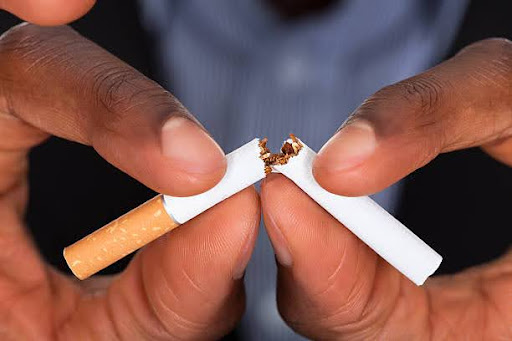Understanding Liver Health: How Your Partying Lifestyle Might Be Causing More Pain Than Pleasure
When it comes to having a good time, Nigerians know how to party—whether it’s owambe weekends, Friday night clubbing, or just chilling with friends over drinks. While there’s nothing wrong with letting loose once in a while, excessive partying can take a toll on one of the most important organs in your body: your liver. Often called the body’s “detox center,” the liver plays a crucial role in processing everything you eat, drink, and even breathe. Let’s dive into how your lifestyle might be affecting your liver health more than you realize. 1. The Liver’s Job: Your Body’s Detox Hero Before we talk about how partying affects the liver, let’s understand its job. The liver is like the body’s main detox center. It filters out toxins, processes nutrients, and helps with digestion by producing bile. It’s a tough organ—always working to keep your body in balance. But just like any other hardworking system, it has its limits. Liver na the body’s engine room. E dey process wetin you chop, drink, and even filter toxins comot from your system. 2. How Alcohol Affects Your Liver Let’s face it: alcohol is often the life of the party. But when consumed excessively, it can be the death of your liver cells. Drinking too much alcohol can lead to liver inflammation, fatty liver disease, and over time, even liver cirrhosis—a condition where the liver becomes scarred and can’t function properly. If you dey drink anyhow, your liver go dey suffer. At first, e go just store fat (fatty liver), but if you no stop, e fit lead to bigger wahala like liver cirrhosis. 3. Beyond Alcohol: Other Party Habits Hurting Your Liver It’s not just alcohol that poses a risk. Other common party habits can also affect your liver health: It’s not only alcohol that fit damage your liver. Poor eating habits and bad sleep patterns can also cause harm. 4. How to Protect Your Liver The good news is that your liver is resilient and can regenerate itself to some extent, but only if you take steps to care for it. Here are some ways to protect your liver: Your liver fit bounce back, but you need give am chance. Cut down on alcohol, chop better food, and make sure say you dey exercise well. Conclusion Your liver works hard to keep you healthy, but your partying lifestyle could be causing more harm than good. Excessive alcohol, poor diet, and unhealthy habits can lead to serious liver problems. By being mindful of what you consume and making small changes to your lifestyle, you can keep your liver in top shape and avoid long-term health issues. No forget say liver dey important for your overall health. Make small small changes now before e too late!
